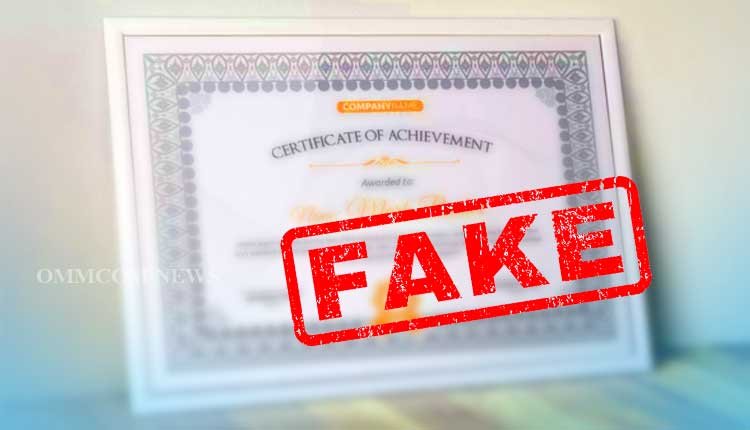Lucknow — A widening investigation into recruitment in Uttar Pradesh’s health department and other state offices has cast a harsh light on the vulnerabilities of India’s public hiring process. Officials suspect that hundreds of candidates secured government jobs over the past decade using falsified documents, and in many cases, continued drawing salaries for years without detection.
Once inside the system, investigators say, it becomes nearly impossible to unmask such employees. That reality has forced the state to reopen cases stretching as far back as 2008, alongside a larger inquiry launched in 2016.
FCRF Academy Invites Legal Experts to Shape India’s First Comprehensive Cyber Law Certification
A Network Rooted in Kanpur
Preliminary findings suggest that a cluster of recruitment scams was tied to the Kanpur division, where forged certificates were allegedly circulated on a large scale. In one set of 2008 recruitments, dozens of candidates were found to have submitted duplicate copies of the same credential, each securing a job under the radar.
By 2016, when authorities began probing more recent appointments, older layers of fraud began to surface. Official reports indicated that for 79 advertised posts, nearly 1,400 applicants laid claim — a ratio that, upon scrutiny, revealed document irregularities at alarming levels.
Verification Delays and Bureaucratic Bottlenecks
Investigators within the Directorate General said the probe into new appointments quickly ran into structural obstacles. Many of the employees under scrutiny had since been transferred elsewhere, complicating the process. Verification requests sent to universities and institutes often took months, if not years, to return.
“It is the absence of routine, post-recruitment verification that allows such fraud to persist,” one senior official admitted. “By the time discrepancies are detected, the individuals are often embedded in the system, some even nearing retirement.”
Expert Opinion
A former IPS officer and one of India’s leading cybercrime experts sees the problem as systemic rather than isolated.
“This is not merely an individual act of fraud,” he said. “It is a structural weakness. Forged certificates and digital manipulation have become part of an organized ecosystem. Unless government departments mandate time-bound verification and adopt digital record-matching, such rackets will continue to thrive. The gap is technical, but the fallout is institutional.”
Police and Enforcement Challenges
Local police say they are still awaiting document verification for dozens of employees flagged in the inquiry. Slow-moving departmental responses, however, have hindered progress. In some instances, officials under suspicion have already retired, making prosecution even more difficult.
The Bottom Line: In India’s competitive race for public-sector jobs, genuine candidates often spend years preparing for exams. Yet those armed with forged documents exploit bureaucratic lapses to slip through. Experts warn that without systemic reforms, tighter digital oversight, transparent verification and accountability mechanisms, the hiring process will remain vulnerable to fraud.



